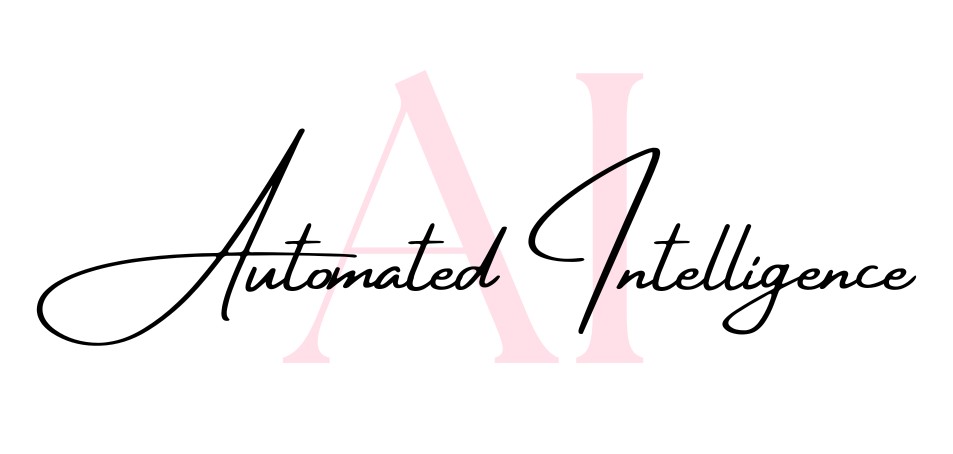The future of artificial intelligence (AI) is rapidly evolving, and staying informed about the key trends is crucial for businesses aiming to stay competitive in 2025. Emerging trends in AI encompass advancements in machine learning algorithms, which are becoming more sophisticated and capable of processing vast amounts of data with unprecedented speed and accuracy. Companies must harness these advancements to drive innovation and improve operational efficiencies. For instance, businesses can leverage generative AI to create more personalized customer experiences and streamline supply chain processes.
AI-powered automation is gaining traction across various industries, transforming how organizations operate. By integrating AI into their workflows, companies can enhance productivity and reduce the costs associated with manual labor. This shift also allows employees to focus on higher-value tasks that require strategic thinking and creativity. As automation becomes more prevalent, businesses should invest in training their workforce to adapt to new technologies and manage AI systems effectively.
While the benefits of AI are substantial, ethical implications must also be taken into account as companies navigate this terrain. Issues such as data privacy, algorithmic bias, and job displacement necessitate a thoughtful approach to AI implementation. Businesses ought to establish clear ethical guidelines and governance frameworks to ensure responsible AI usage. By addressing these challenges head-on, companies can not only mitigate risks but also build trust with their customers, positioning themselves as leaders in ethical AI development.




